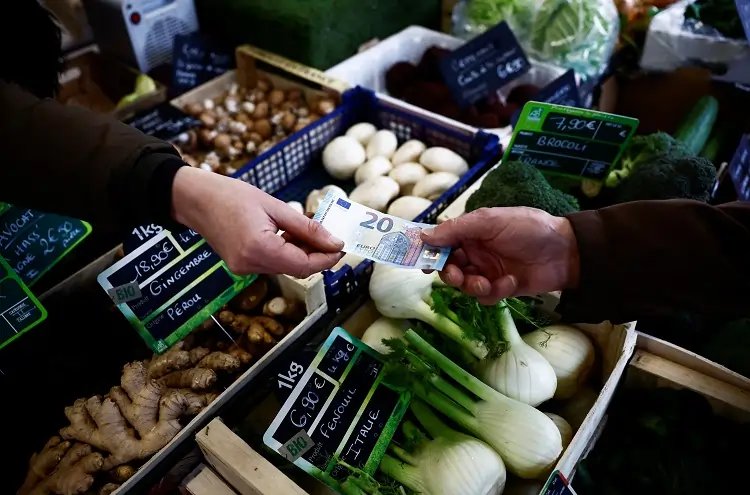Factbox-Criteria to adopt the euro currency


BRUSSELS (Reuters) – Bulgaria might enter the euro zone and become the bloc’s 21st member on January 1, 2026, if it receives a green light from the European Commission and the European Central Bank in 2025.
BRUSSELS (Reuters) – Bulgaria might enter the euro zone and become the bloc’s 21st member on January 1, 2026, if it receives a green light from the European Commission and the European Central Bank in 2025.
European Union countries aspiring to adopt the single currency need to fulfill criteria in four areas: inflation, public finances, the exchange rate and long-term borrowing costs.
Inflation is the rate at which the general level of prices for goods and services rises, eroding purchasing power. It is typically measured as an annual percentage increase.
The Exchange Rate Mechanism (ERM-2) is a system that helps stabilize a country's currency against the euro, requiring it to maintain a stable exchange rate for at least two years.
Long-term borrowing costs refer to the interest rates on loans or bonds that a borrower must pay over an extended period, which can impact financial stability.
The European Commission is the executive branch of the European Union, responsible for proposing legislation, implementing decisions, and upholding EU treaties.
Explore more articles in the Finance category
